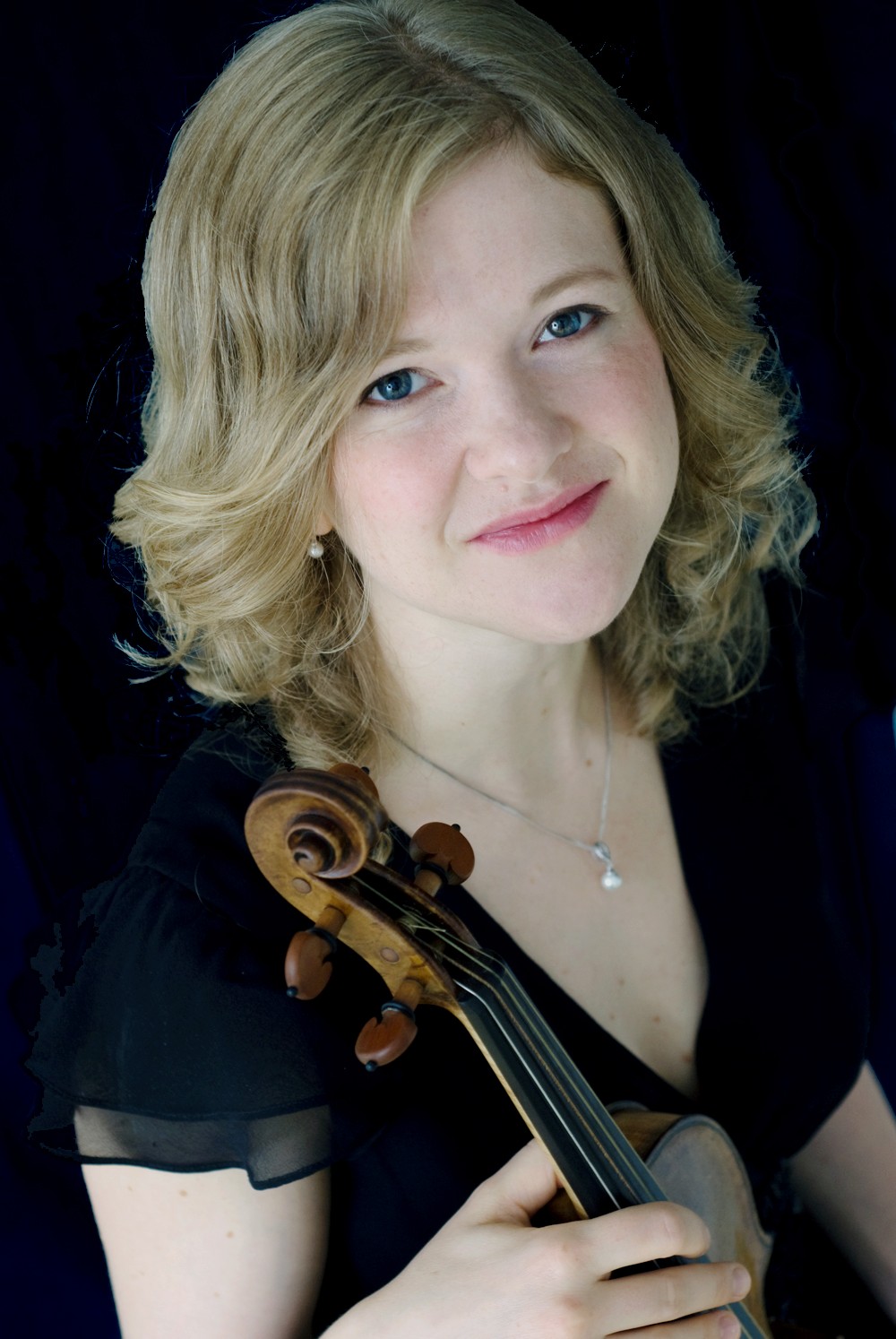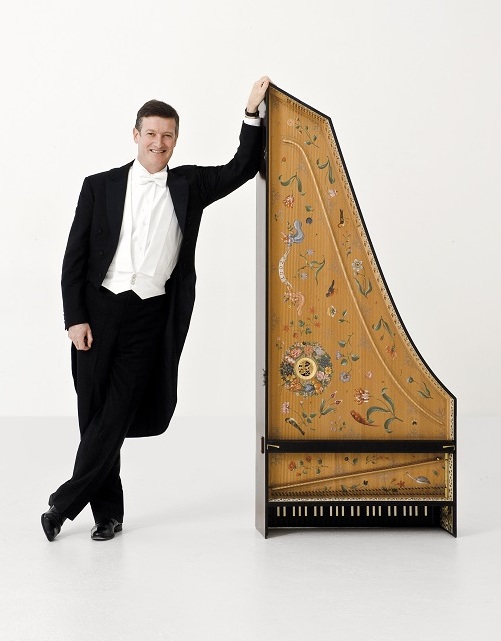This concert was to have been conducted by Stanisław Skrowaczewski, who died in February. Though futile, it’s hard not to speculate about what could have been, especially given his spectacular Bruckner performances with the London Philharmonic in recent years. But life goes on, and in his place we heard Lawrence Renes, whose account of Bruckner’s Eighth Symphony was solid and dependable, even if it was more memorable for the quality of the orchestral playing than for his interpretive insights.

Betsy Jolas is a pioneer, the programme for this BBC Symphony Orchestra concert told us, and she’s certainly unique. Now 91, she has been following her own course for many decades, an associate of the 1960s French avant-garde, but never a subscriber to its doctrines. Her concerto for piano and trumpet, Histoires vraies (2015), here received its UK premiere.

You won't have seen much of magisterial Russian pianist Dmitri Alexeev recently, unless you happen to be a student at the Royal College of Music, where he is Professor of Advanced Piano Studies (they were out in force last night, cheering enough to elicit five encores). His guest appearances at various commemorative concerts, chiefly his towering interpretation of Prokofiev's Sixth Sonata, remain carved in the mind, but this is the first time I've heard him give a full recital.

Manchester Camerata chose All Hallows’ Eve for a concert of (in some part) "holy" minimalism. Arvo Pärt’s Silouan’s Song began it, and his Cantus in Memoriam Benjamin Britten ended it. They headlined it "Spiritualism and Minimalism", but I think what they really had in mind was spirituality. No "one knock for yes" or anything like that, anyway.

Such introspective subtlety might be mistaken for reticence. But from the rare instances when the Norwegian pianist Leif Ove Andsnes lets rip - and they're never forced - you know he's wielding his palette with both skill and intuition, waiting for the big moment to make its proper mark. Flyaway passages in Chopin which in other hands bubble like pure champagne flow like pure spring water; the source is everything.
A legendary name and the chance to change the face of a cruel condition set the stakes high for what Prince Charles, in his programme preface for this Southbank spectacular, told us was called the Stop MS Jacqueline du Pré Tribute Concert.

Perhaps Sibelius did the right thing, signing off Tapiola in 1926 and then all but closing his account, spending the next three decades sitting and drinking. Over in Paris, his near-contemporary Florent Schmitt carried on, beavering away not only as a composer but a critic, in which capacity he availed his readers with pearls of wisdom such as Beethoven’s Violin Concerto being "utterly devoid of musical interest".

In 1725 a collection of some 50 songs was published by one William Thomson. You might not know his name, or even the names of the songs, but given the first bar of most I’m betting you could hum them from beginning to end. The work? Orpheus Caledonius – the first published collection of Scottish folk melodies and lyrics.

Forget the ersatz experience of Sergey Eisenstein's mighty silent films accompanied by slabs of Shostakovich symphonies composed years later. This collaboration between the London Symphony Orchestra and Kino Klassika is as close as we can ever come to hearing the massive score composed by Austrian-born Edmund Meisel for the greatest of the master's 1920s films. It was intended for large-scale screenings of October in Berlin and Moscow, which never took place in the expected format.

Singing students from the Guildhall School should have been issued with a three-line whip to fill the inexplicably half-empty Milton Court concert hall for last night's charmer. After all, every musician, and not just sopranos, should know that this is how it ought to be done. True, an effervescent personality like Lucy Crowe's can't be simulated. But every other respect of her stunningly sung and varied Mozart can be aspired to: the relaxed, natural stance (and in this instance, knowing how to play a recalcitrant shoe heel for comedy), knowing what to do with the hands, how to execute coloratura as spine-tingling expression, not mere display, how to spin long lines and to colour the music according to the situation, with the right dramatic looks and widening of the eyes to match.
True, this was culinary Mozart of the sort to make E F Benson's Lucia and Georgie affectedly exhale, two-thirds of it composed in his teens, but as with Donizetti and Bellini, when you have supreme stylists in charge, it all commands attention. There are no better period-instrument players around than Harry Bicket's band, and though the dry acoustics didn't help them out in the way that the Wigmore Hall would in the frothiest of Mozart's early Divertimenti, the D major K136 with the already-vintage humour of its six-note finale kickoff, the pleasures came thick and fast. Mozart's inner string lines were full of life and interplay, runs clean and bright.
 The orchestral counterpart in the concert's second half, the A major Violin Concerto K219 with its rollicking "Turkish" rondo episode, brought another pleasure of collaboration. The English Concert's leader, Nadja Zwiener (pictured left), may not be a born soloist with the kind of panache that Isabelle Faust brought to the even slighter G major Concerto at the Proms, and in her first entries she had a bit of an intonation problem as well as less than perfect ornamentation. But the Adagio shone with such a rare consonance between violinist and orchestra, the sort of thing that star players flying in for one rehearsal can't achieve, and by the finale, with aforementioned romp both clearly articulated, with none of the usual rushing, and laugh-out-loud exuberant, we were back to the level of what Crowe had already achieved with Bicket and co (the conductor-instrumentalist pictured below by Richard Haughton).
The orchestral counterpart in the concert's second half, the A major Violin Concerto K219 with its rollicking "Turkish" rondo episode, brought another pleasure of collaboration. The English Concert's leader, Nadja Zwiener (pictured left), may not be a born soloist with the kind of panache that Isabelle Faust brought to the even slighter G major Concerto at the Proms, and in her first entries she had a bit of an intonation problem as well as less than perfect ornamentation. But the Adagio shone with such a rare consonance between violinist and orchestra, the sort of thing that star players flying in for one rehearsal can't achieve, and by the finale, with aforementioned romp both clearly articulated, with none of the usual rushing, and laugh-out-loud exuberant, we were back to the level of what Crowe had already achieved with Bicket and co (the conductor-instrumentalist pictured below by Richard Haughton).
Our great soprano didn't make it easy for herself, plunging in with Aspasia's ferocious first aria in Mitridate re di Ponto. If Crowe had been singing this role rather than the less rewarding one of seconda donna Ismene at Covent Garden, that musically rather ordinary evening might have come up to the mark of this one dazzling performance. More brilliant still was "Ah se il crudel periglio" from Lucio Silla, with its unbelievably well-executed runs in the recap.
 The necessary breather in between was the lovely "Ruhe sanft" from Zaide, Crowe touching and perfect of legato phrasing in dialogue with Katharina Spreckelsen's cool oboe obbligato. The maturity of Mozart begins to shine through here in the extra beauties he finds in the instrumental coda, and by the time of the "Et incarnatus est" from the great but unfinished C minor Mass, we are in vintage territory with not only that effortlessness of vocal writing but also the woodwind ensemble, enriching what becomes a kind of quartet-cadenza of melting beauty.
The necessary breather in between was the lovely "Ruhe sanft" from Zaide, Crowe touching and perfect of legato phrasing in dialogue with Katharina Spreckelsen's cool oboe obbligato. The maturity of Mozart begins to shine through here in the extra beauties he finds in the instrumental coda, and by the time of the "Et incarnatus est" from the great but unfinished C minor Mass, we are in vintage territory with not only that effortlessness of vocal writing but also the woodwind ensemble, enriching what becomes a kind of quartet-cadenza of melting beauty.
Crowe also made the heart flip in the simpler, solo cadenza at the heart of "Exsultate, jubilate". Each time I've heard her sing it, not a note or a phrase has been out of place, and this was on the same level as last year's glorious performance with David Bates and La Nuova Musica. The bonus proved simply sublime, making the eyes prick as the earlier numbers could not: as Bicket pointed out, Mozart by the end of his life knew how to say with 40 bars what had earlier taken him 200, and with Crowe bringing extra fullness of tone to what is usually just a pretty arietta, Servilia's "S'altro che lagrime" from La Clemenza di Tito, we all too few in the audience came out knowing we'd heard the best that singing in concert has to offer.
Next page: watch Lucy Crowe sing 'Exsultate, jubilate' at the 2016 Proms

